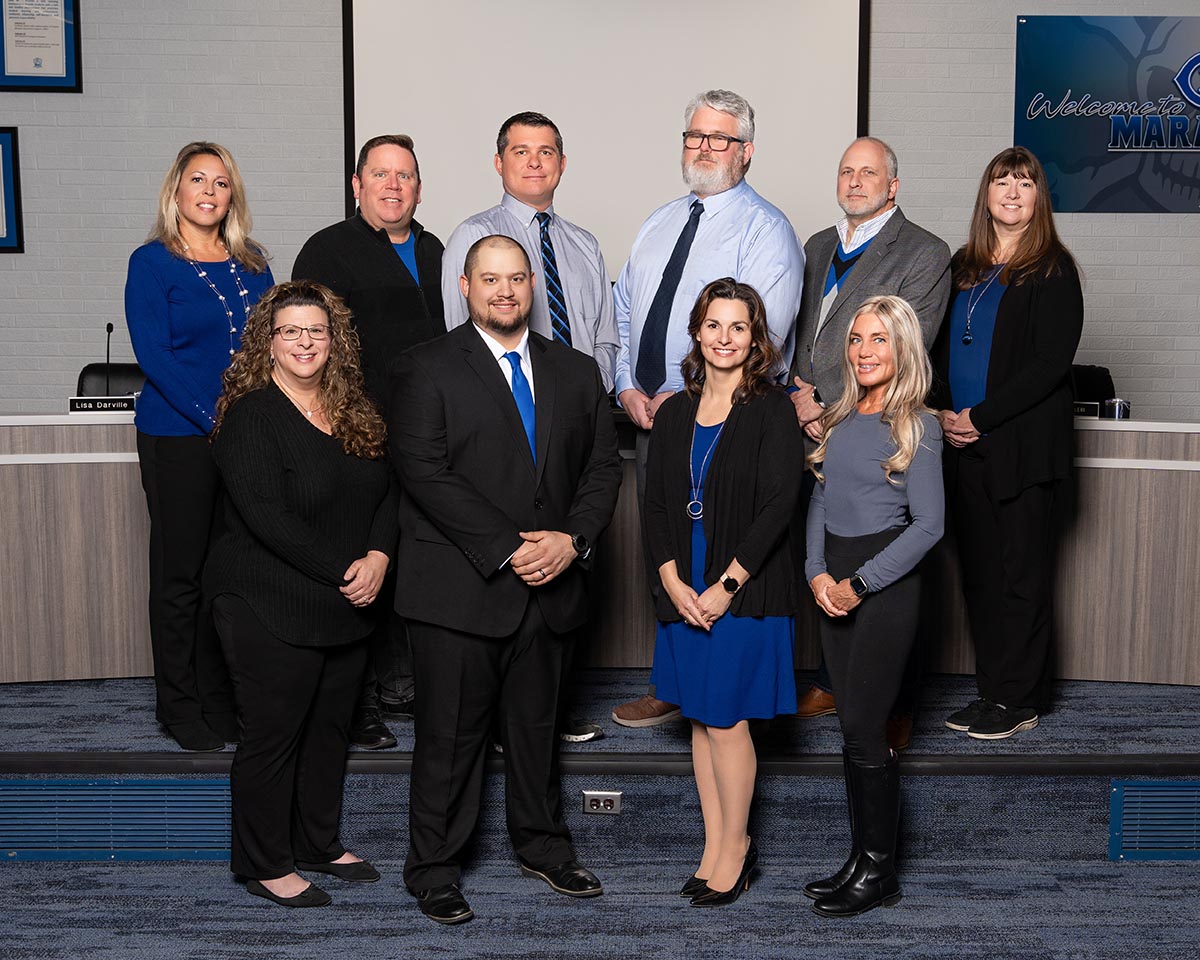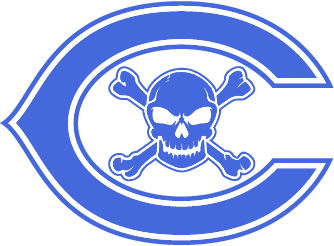Board of Education

Responsibilities
The areas of Board action include:
Drafting policies for the operation of the schools.
Employing a superintendent of schools.
Authorizing the appointment of recommended teachers and administrators.
Determining education standards and goals.
Approving the curriculum as studied, developed and recommended by staff.
Securing funds for school operational needs, building programs, and authorizing expenditures.
Expressing and representing the views of the community in matters affecting education.
Interpreting the educational programs and needs of the community.
No one person on the Board or group of persons acts in the name of the Board. When an item comes before the Board in the form of a motion, it is necessary that a majority vote be in favor of the motion in order for the Board to take action. All Board members must vote on each motion. Consultants from the staff and members of the community often aid the Board in performing these duties.
School Board Elections
Board members will serve 4-year terms in accordance with the State election cycle – these terms commence on January 1st following the November General Election. The rotation includes 4 seats in one election followed by 3 seats in the next.
